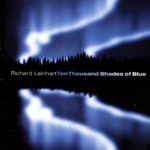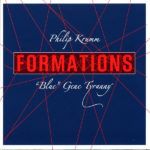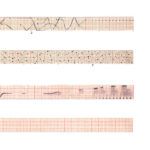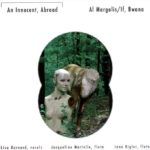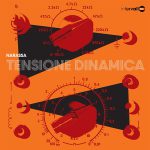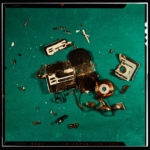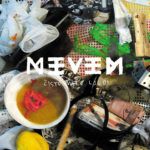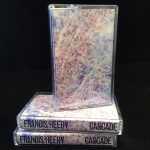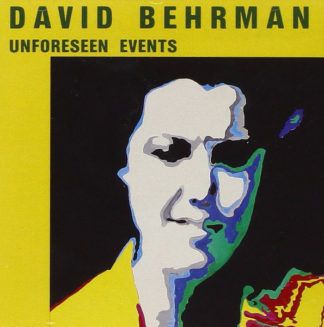Unforeseen Events
14,00 € VAT included
Only 2 left in stock
“Two 1991 suites — “Unforeseen Events” (in four parts) and “Refractive Light” (in three parts) — make up this beautiful CD of interactive music. In “Unforeseen Events,” instrumentalists trigger computer programs that in turn control sound-making electronic modules, which the acoustic instrumentalist freely responds to. The first version of “Unforeseen Events” was created with composer/performer Ben Neill in mind, playing his invention the mutantrumpet — a brass instrument with three separate bells. In the first section, “View Finder,” the computer responds to the trumpet with immediate and slightly delayed chords that are also slightly shifted in pitch and timbre over time. Part Two is “Fishing for Complements,” a trio in which the interchange is noted by a “listener” at a keyboard who enters changes into the computer. In Part Three, “Witch Grass,” when the soloist pauses, the sustained chords begin to gradually slip away from their tonal centres until the performer begins to play again. In the last part, entitled “Canyon,” single notes trigger a shimmering chord that fades away in pitch-shifted trails into a seemingly borderless canyon depth. “Unforeseen Events II” (1998) is the latest version of the software program that was made for the artistry of Jon Gibson on flutes and soprano saxophone and “Blue” Gene Tyranny on MIDI-keyboard. In the three sections of “Refractive Light,” a harmonic changes occur as “deflections” off of dying sustained tones. “Harbinger” is a kind of introduction that begins with delicate bell patterns and sliding chords. “Crisscrossed Eights” is similar in tonal structure and also has bell-like sounds mixed with sliding chords, koto-like arpeggios and strumming, and high string-like swells, all in very elastic, “breathing” quasi-random rhythms. The third section, “Ein Glaesele Warems” (“A Little Glass of Warmth”), features sounds “…made with intervals and timbres meant to create a feeling of remoteness from the modern world.”


